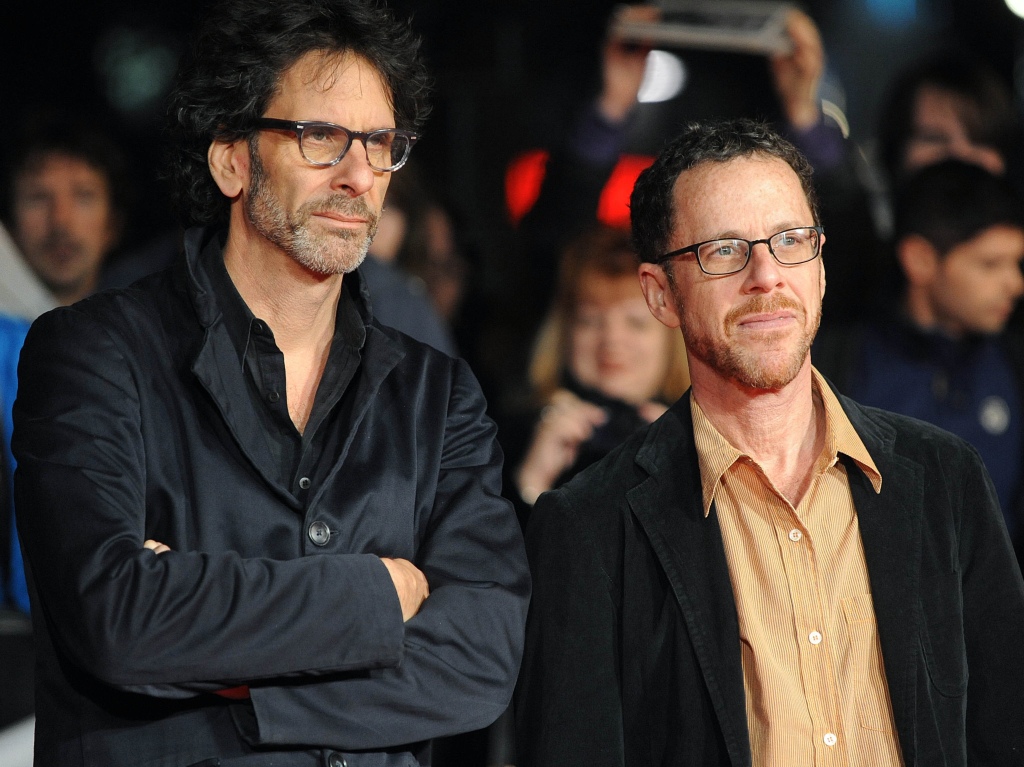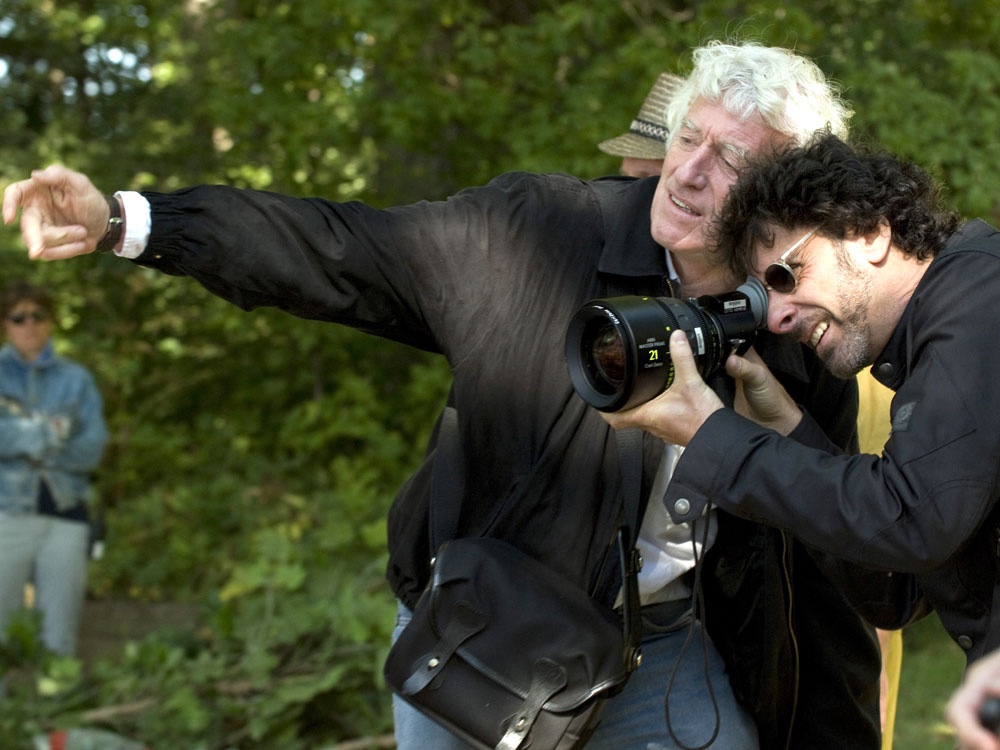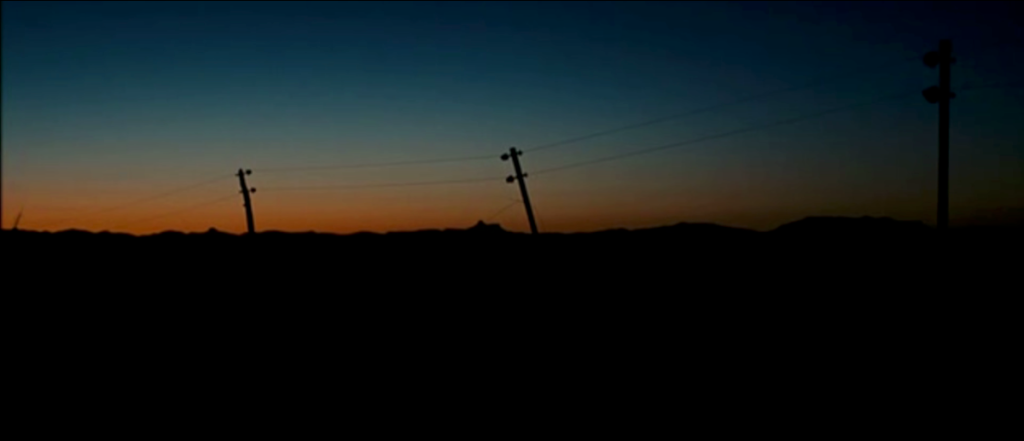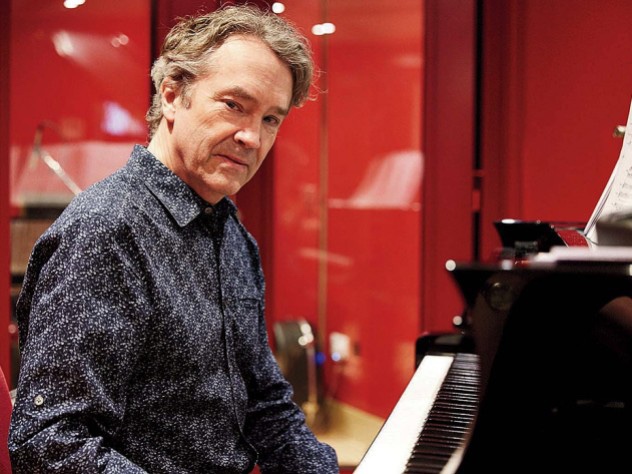No Country for Old Men (Joel and Ethan Coen, 2007) is a neo-Western crime thriller adapted from Cormac McCarthy’s 2005 novel of the same name. Premiering at the 2007 Cannes Film Festival, the film was received to positive acclaim, soon being nominated for eight Academy Awards, and ultimately winning four including the coveted Best Picture award.
Brothers Joel and Ethan Coen are a prolific American filmmaking duo, of which whose films are made up of an eclectic mix of genres and styles, known for subverting the conventions of genre in a tasteful and nuanced manner. The brothers write, direct, and produce their films together with Joel typically taking screen credit for directing, and Ethan producing. The two also jointly edit, assuming the pseudonym Roderick Jaynes for screen credit. The duo have collectively been nominated for 13 Academy Awards, for films such as Barton Fink (1991), Fargo (1996), and Inside Llewyn Davis (2013).
Producer Scott Rudin initially bought the rights to the novel, suggesting that the Coen brothers should adapt it for the screen. The brothers were instantly enamoured with the book’s unconventional approach to narrative, one the subverted the Western genre – the story did not end with a typical showdown between good and evil. The title of the novel is taken from the opening line of Irish poet William Butler Yeats’ poem Sailing to Byzantium (1928), being “that is no country for old men”. The film remained mostly faithful to the source material, with the main removal being Sheriff Ed Tom Bell’s backstory.

The film’s cinematography was conducted by the esteemed Roger Deakins, arguably one of the greatest cinematographers of the 21st Century. Deakins has worked on cinematographic masterpieces such as The Shawshank Redemption (Frank Darabont, 1994), and has also had a long-standing relationship with the Coens, working on films such as The Big Lebowski (1998) and O Brother, Where Art Thou (2000).

Deakins’ cinematography in No Country for Old Men is widely considered one of the film‘s stand-out aspects. Throughout the film, he masterfully captures the bleakness of West Texas, making apt use of natural lighting and shadow to bring a breathtaking sense of cinematic realism to the film. Deakins noted that it was a challenge to deviate from his typical stylised visual flair, having to make it “very realistic to match the story”.

No Country for Old Men’s score was composed by Carter Burwell, who has scored numerous films for the Coen brothers. The score is notably minimalist, with the film containing a mere 16 minutes of music. This idea was suggested to Joel by Ethan, who was persuaded to go along with the idea after initially being skeptical towards it. The sparse score that is utilised throughout the film is mostly made up of obscure instruments such as standing bells that are typically found within Buddhist meditation. This, alongside, a innumerable number of ambient sound effects and foley serves to create a pensive atmosphere throughout the film.
